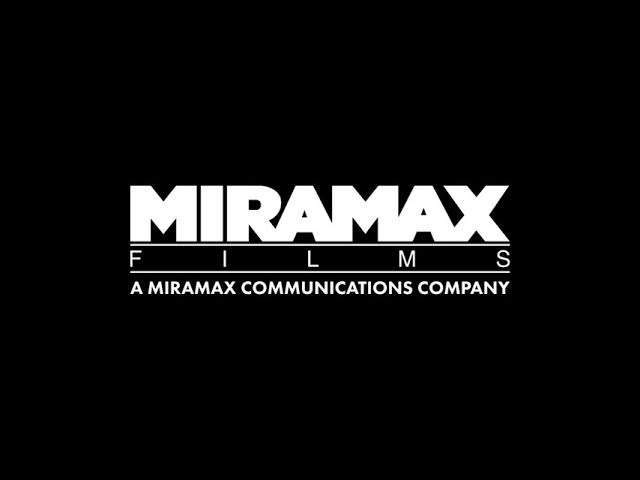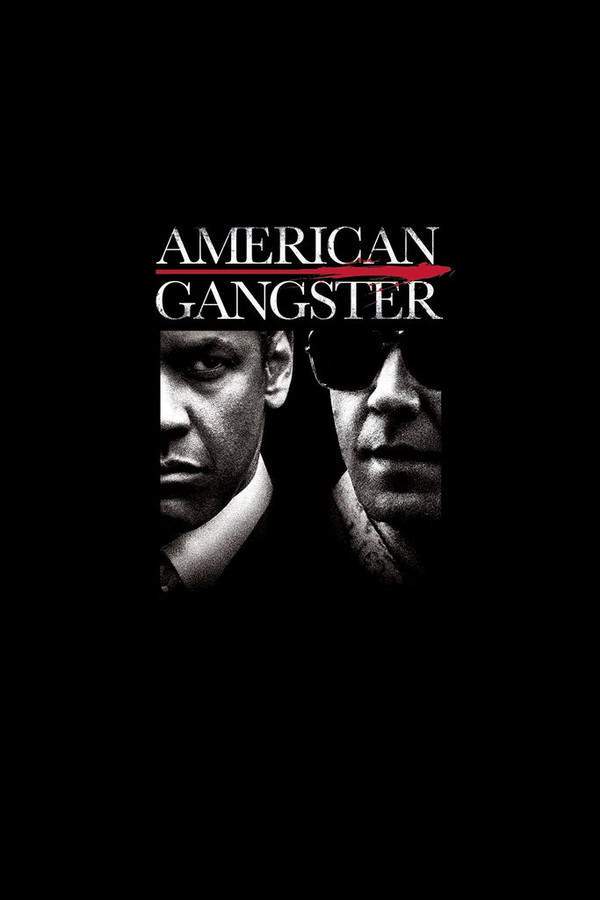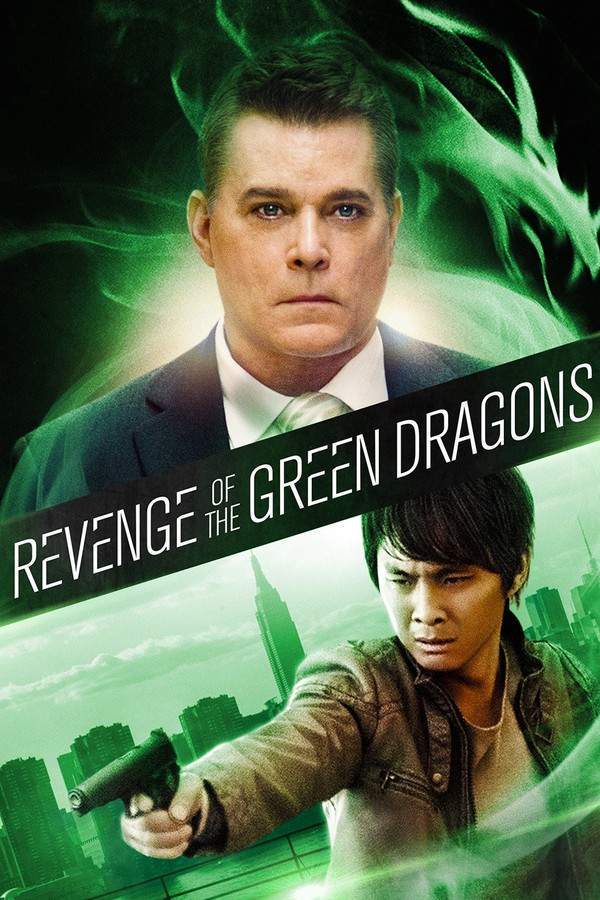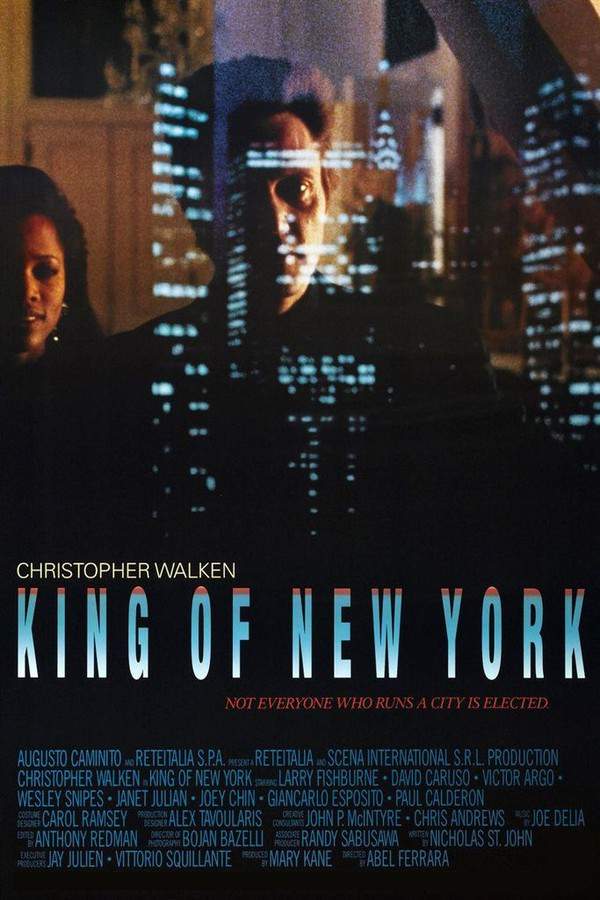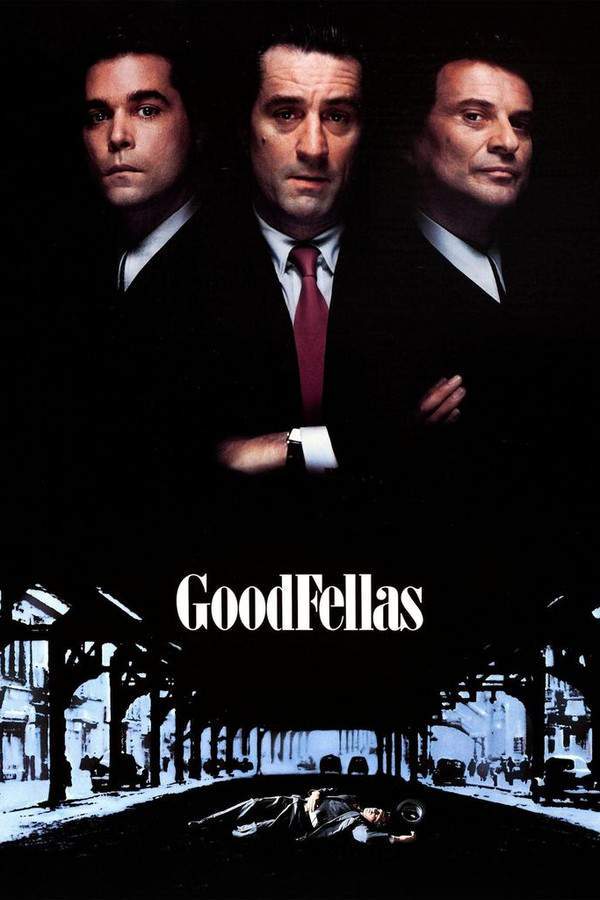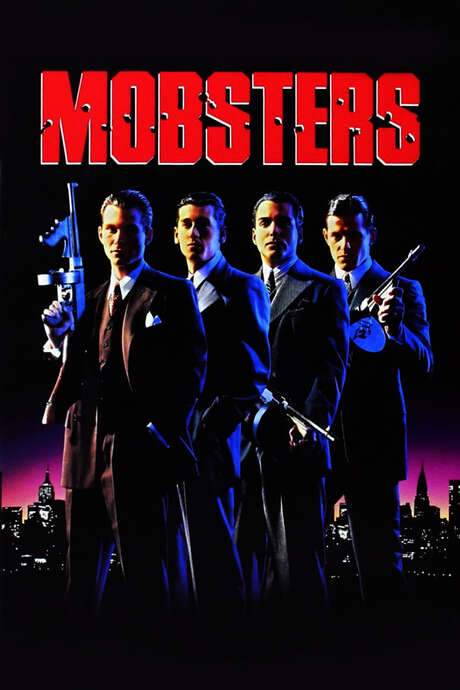Gangs of New York 2002
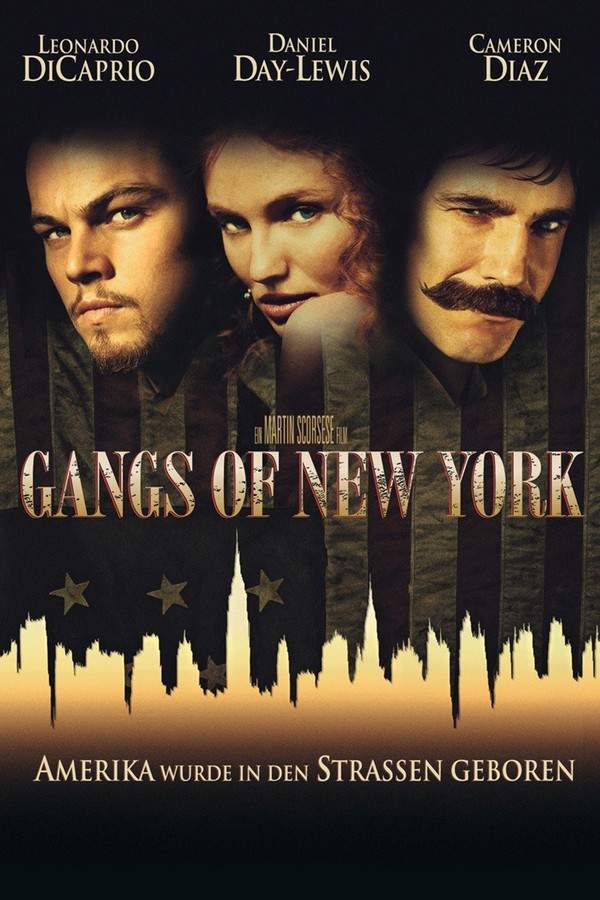
Set in 1860s New York, the story follows Amsterdam Vallon, who seeks revenge against William Cutting, the powerful gang leader responsible for his father's death. Emerging from prison, Amsterdam finds himself in the dangerous Five Points neighborhood, where he must carefully balance his desire for justice with the need for self-preservation. He fights to establish a place for the Irish community within the harsh and violent landscape of the city.
Does Gangs of New York have end credit scenes?
Yes!
Gangs of New York does have end credit scenes. Stay until the very end!
Meet the Full Cast and Actors of Gangs of New York
Explore the complete cast of Gangs of New York, including both lead and supporting actors. Learn who plays each character, discover their past roles and achievements, and find out what makes this ensemble cast stand out in the world of film and television.
External Links and Streaming Options
Discover where to watch Gangs of New York online, including streaming platforms, rental options, and official sources. Compare reviews, ratings, and in-depth movie information across sites like IMDb, TMDb, Wikipedia or Rotten Tomatoes.
Ratings and Reviews for Gangs of New York
See how Gangs of New York is rated across major platforms like IMDb, Metacritic, and TMDb. Compare audience scores and critic reviews to understand where Gangs of New York stands among top-rated movies in its genre.

72
Metascore
7.6
User Score


72%
TOMATOMETER

81%
User Score

7.5 /10
IMDb Rating

73
%
User Score
Take the Ultimate Gangs of New York Movie Quiz
Challenge your knowledge of Gangs of New York with this fun and interactive movie quiz. Test yourself on key plot points, iconic characters, hidden details, and memorable moments to see how well you really know the film.
Gangs of New York Quiz: Test your knowledge on the historical drama 'Gangs of New York' and its complex tale of revenge and rivalry.
What year does the movie 'Gangs of New York' primarily take place?
1846
1856
1865
1876
Show hint
Awards & Nominations for Gangs of New York
Discover all the awards and nominations received by Gangs of New York, from Oscars to film festival honors. Learn how Gangs of New York and its cast and crew have been recognized by critics and the industry alike.
75th Academy Awards 2003

Art Direction
Cinematography
Costume Design

Film Editing
Music (Original Song)
Best Picture
Sound
Writing (Original Screenplay)
56th British Academy Film Awards 2003
Best Film


Best Original Screenplay
Best Cinematography
Best Costume Design
Best Editing
Best Makeup and Hair
Best Original Music
Best Production Design
Best Sound
Best Special Visual Effects
8th Critics' Choice Awards 2003
9th Screen Actors Guild Awards 2003

55th Directors Guild of America Awards 2003

60th Golden Globe Awards 2003
Best Motion Picture – Drama


Best Supporting Performance in a Motion Picture – Drama, Musical or Comedy (Actress)
Cameron Diaz
Best Original Song – Motion Picture
Full Plot Summary and Ending Explained for Gangs of New York
Read the complete plot summary of Gangs of New York, including all major events, twists, and the full ending explained in detail. Explore key characters, themes, hidden meanings, and everything you need to understand the story from beginning to end.
In 1846, Lower Manhattan’s Five Points is the backdrop for an escalating territorial conflict between the “Natives,” who are born in the United States, and the newly arrived Irish Catholic immigrants. This clash comes to a head in Paradise Square, where the Natives are led by the notorious Bill the Butcher Cutting, portrayed by Daniel Day-Lewis, a Protestant fighting for the rights of those he believes are true Americans. Opposing him is the head of the Irish gang known as the Dead Rabbits, called Priest Vallon, played by Liam Neeson. The two factions engage in a brutal battle that concludes with Bill killing Vallon in front of his young son, Amsterdam.
After witnessing his father’s death, Amsterdam, played by Leonardo DiCaprio, seizes the knife used in the murder and escapes to bury it, only to end up in an orphanage at Hellgate. Years later, in September 1862, Amsterdam returns to New York and reunites with an old friend, Johnny Sirocco, who introduces him to Bill. Much to his dismay, Amsterdam discovers that many of his father’s loyalists have fallen under Bill’s command, including the corrupt constable Happy Jack Mulraney and the lieutenant McGloin.
Determined to infiltrate Bill’s inner circle, Amsterdam slowly earns Bill’s trust while secretly plotting his revenge for the death of his father. As the anniversary of the battle approaches, Amsterdam makes plans to kill Bill during the ceremony held in remembrance of the victory over the Dead Rabbits. Along the way, he becomes enamored with the charming and cunning pickpocket Jenny Everdeane, played by Cameron Diaz, though his romantic aspirations are complicated by her past as Bill’s ward.
During a stirring performance of Uncle Tom’s Cabin, Amsterdam intervenes in an assassination attempt against Bill, which leads him to realize that his actions stem more from a growing loyalty to Bill than his own quest for vengeance. This complex relationship deepens when they both retire to a brothel, where a mix of passion and confrontation with Jenny leads to moments of intimacy against the backdrop of betrayal.
As the ceremonial night arrives, Amsterdam’s identity and intentions are revealed, setting off a chain of climactic events. In a dramatic knife-throwing act, Bill wounding Jenny becomes a pivotal moment, intensifying Amsterdam’s tragic fate. Bill, a figure of chaos and brutality, leaves Amsterdam marked and beaten but vows to let him live as a “freak,” all witnessed by a cheering crowd.
After going into hiding with Jenny, Amsterdam receives a straight razor from Monk McGinn, a relic from Vallon, which symbolizes the weight of his heritage and revenge. In a chilling response to escalating violence, Amsterdam sends a message of defiance to Bill, igniting further brutality that culminates in a series of brutal retaliations, culminating with the New York City draft riots.
In the pandemonium, the two adversaries finally confront each other amid the chaos of naval fire and the ensuing rubble of Paradise Square. As the dust settles, Bill, grievously injured, reflects on his life’s battles, uttering the haunting words, “Thank God, I die a true American.” In their final encounter, Amsterdam stabs Bill, marking a painful resolution to their intertwined fate.
Bill’s burial in Brooklyn, alongside Priest Vallon, serves as a haunting reminder of the turbulent times, as Amsterdam reflects on how history often forgets its heroes. The narrative closes with a stark contrast to modern-day New York, illustrating the city’s growth and evolution while the graves of both Bill and Vallon slowly fade into obscurity, suggesting that “we were never here.”
Uncover the Details: Timeline, Characters, Themes, and Beyond!

Coming soon on iOS and Android
The Plot Explained Mobile App
From blockbusters to hidden gems — dive into movie stories anytime, anywhere. Save your favorites, discover plots faster, and never miss a twist again.
Sign up to be the first to know when we launch. Your email stays private — always.
Watch Trailers, Clips & Behind-the-Scenes for Gangs of New York
Watch official trailers, exclusive clips, cast interviews, and behind-the-scenes footage from Gangs of New York. Dive deeper into the making of the film, its standout moments, and key production insights.
Gangs of New York Themes and Keywords
Discover the central themes, ideas, and keywords that define the movie’s story, tone, and message. Analyze the film’s deeper meanings, genre influences, and recurring concepts.
Gangs of New York Other Names and Titles
Explore the various alternative titles, translations, and other names used for Gangs of New York across different regions and languages. Understand how the film is marketed and recognized worldwide.
Similar Movies To Gangs of New York You Should Know About
Browse a curated list of movies similar in genre, tone, characters, or story structure. Discover new titles like the one you're watching, perfect for fans of related plots, vibes, or cinematic styles.
Quick Links: Summary, Cast, Ratings, More

What's After the Movie?
Not sure whether to stay after the credits? Find out!
Explore Our Movie Platform
New Movie Releases (2026)
Famous Movie Actors
Top Film Production Studios
Movie Plot Summaries & Endings
Major Movie Awards & Winners
Best Concert Films & Music Documentaries
Movie Collections and Curated Lists
© 2026 What's After the Movie. All rights reserved.


